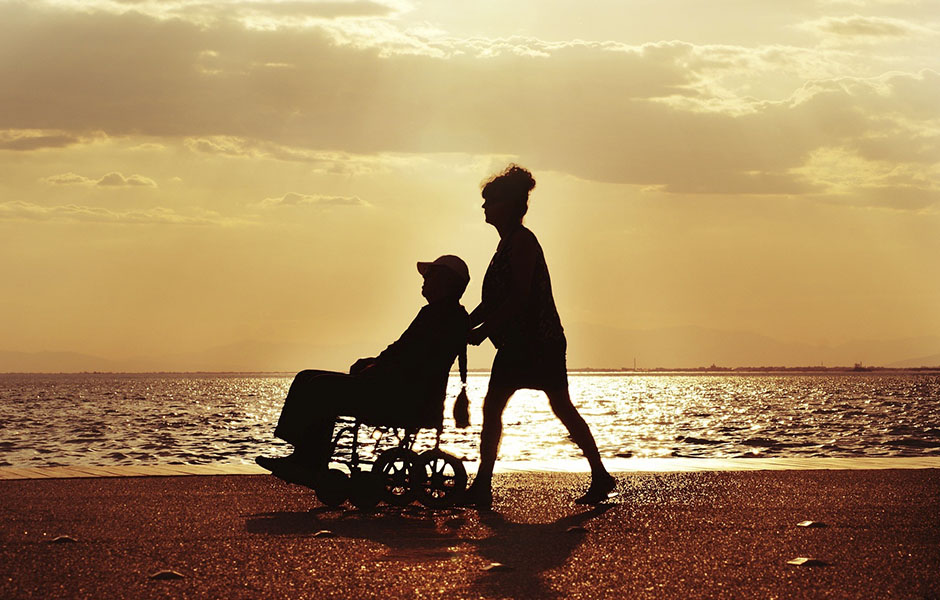The ICAVI action research project has officially started. Its purpose is to evaluate the implementation and development of the Independent Life Support Center established by the Portuguese Neuromuscular Association (APN) in partnership with CINTESIS – Center for Health Technology and Services Research, the School of Health of Santa Maria (ESSSM) and the Caregivers Portugal – Portuguese Association of Caregivers.
The kick-off coincided with the first edition of the ICAVI International Conference “Independent Living Models”, which was attended by several personalities, including the president of the National Institute for Rehabilitation (INR) and a representative of the European Network of Independent Living. (ENIL)
“This is an ambitious project, which is now starting up and will be implemented over three years. We are contributing to a new paradigm of autonomy,” explains José Manuel Silva, Principal Investigator of the project, CINTESIS researcher and chairman of the ESSSM Board of Directors.
The team includes researchers from CINTESIS, researchers from higher education institutions and professionals from several CAVI – Independent Life Support Centers, at national level. Through the service provided by personal assistants, CAVI aims to create conditions of autonomy for people who were hitherto confined to their homes or institutionalized, enabling them to achieve personal and professional goals and reduce the physical and emotional burden of informal caregivers.
ICAVI will study three key areas: the organizational model, social workers and users of the personal care service. The objective is “to assess CAVI’s development from the outset to produce knowledge about its implementation, contributing to a better foundation of general policy in this area, and to projects that seek to improve the model of support for independent living.
According to the CINTESIS / ESSSM researcher and president of Caregivers Portugal, an association created in 2017, it is also important that there is an institutional recognition of the profession of formal caregiver. It would allow treating professionals in this area with another dignity and give them career prospects, as well as improving the quality of the care provided.

